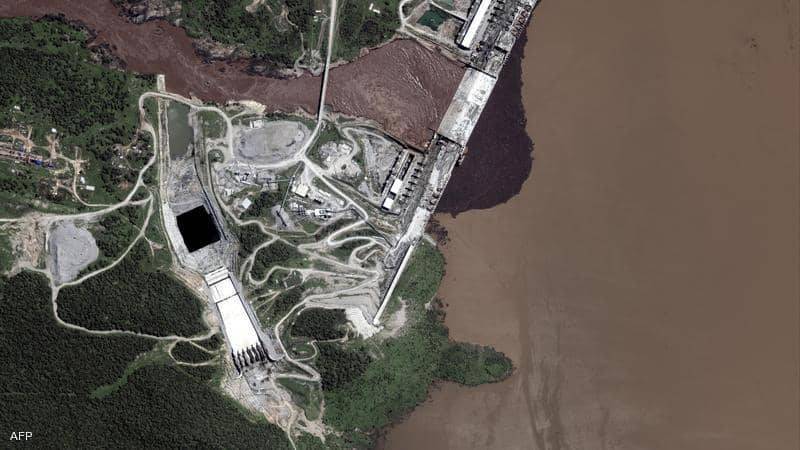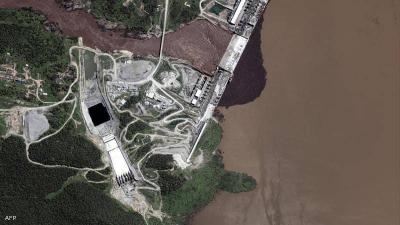The Ethiopian ambassador to Sudan, Yebltal Emru, stated on Saturday that Sudan's recent remark about its commitment to the African Union-led negotiations for filling and operating the Grand Ethiopian Renaissance Dam is a promising step that could help the three negotiating countries reach a consensus. According to local media, Ethiopia encourages this step as it is “positive” and assists all parties; however, Sudan's activities to seek support from African countries outside the African Union framework "will complicate the efforts."
According to our correspondent, Ethiopian statements indicated that Egypt and Sudan have made continuous attempts to impose a binding agreement on Ethiopia that would "restrict its future use" of the Nile River. Although Sudan's decision carries "political connotations," its commitment to continue talks under the African Union's umbrella is seen as "promising and constructive."
The Ethiopian ambassador's remarks followed strong statements from Sudan, which described Ethiopia's current intentions, indicating that Addis Ababa is mobilizing public opinion in a bid to fill the dam. In statements by the Sudanese foreign ministry, Ethiopia was reminded of neighborhood rights and international norms, countering its "fallacies" regarding the crisis.
In a sharp tone, Khartoum affirmed that Ethiopia's attempts to evade international agreements and treaties are irresponsible, pointing out that Addis Ababa's efforts to label historical agreements as an irrelevant colonial legacy represent a harmful and costly approach. It noted that such claims are rooted in propaganda and for domestic consumption, according to a statement from Khartoum.
The Sudanese statement highlighted that Ethiopia's renunciation of historical agreements undermines its sovereignty over the Benishangul region, which it acquired from Sudan under some of these agreements, the very area where the dam is being constructed. Sudan also warned Ethiopia against attempting to escape its internal problems by creating enmities with Sudan or other African nations.
Khartoum called on Addis Ababa to adopt a different approach and pursue a path of joint cooperation that ensures a prosperous future for the continent. The Sudanese statement coincided with an African tour by Foreign Minister Mariam al-Sadiq al-Mahdi to explain Sudan's position on the crisis, a similar approach taken by Egypt in recent times.
Al-Mahdi met with the Rwandan president, who expressed a deep understanding of Sudan's stance on the crisis. The Sudanese Foreign Minister urged African leaders to pressure Ethiopia to reach a binding agreement regarding the dam. She indicated that Sudan has called for an expansion of mediation regarding the Grand Ethiopian Renaissance Dam crisis "out of our commitment to productive negotiations" among the three parties.
This Sudanese position comes amid an escalation by Ethiopia concerning the crisis, as Addis Ababa asserts that what it describes as Egypt's unreasonable claims and Sudan's destructive moves are what hinder the agreement on the dam, according to Ethiopian State Minister for Foreign Affairs, Redwan Hussien. Cairo, for its part, has repeatedly emphasized that it has presented more than ten proposals to resolve the issue of filling and operating the dam, all of which Ethiopia has rejected.




